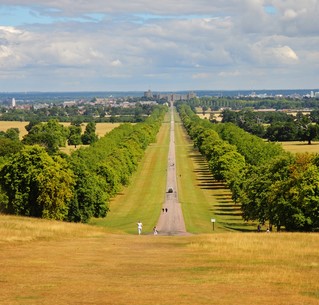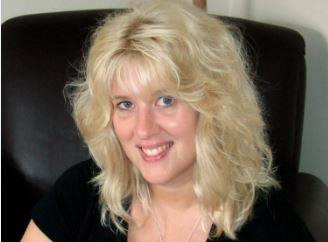Reward and business transformation at The Crown Estate – a rural success story
Such an opportunity arose in my early days at The Crown Estate, a £12 billion real estate business. Much of the value of the portfolio is weighted towards commercial property, but the organisation also manages Windsor Great Park where we recruited a dynamic new leader into the role of deputy ranger in 2014.

His task was to transform Windsor into a commercially successful working estate, in line with the rest of the business, while also preserving and enhancing its tradition and heritage. To do this he needed to look at every aspect of the operation, from property management to transport, while also recognising that engaging the people who work at this much loved destination – many of whom are third- and fourth-generation workers – would be central to this goal.
Identifying the challenges
As part of a three-month thorough examination of the financials and the future opportunities for the estate, we also looked at the previous rewards strategy. The findings illustrated a disconnection between the work people were carrying out and how it was rewarded to ensure the business’s overall commercial objectives were fulfilled. Areas identified for improvement included:
- The need for a simpler bonus structure directly linked to the individual and business’ performance with consistent external benchmarking.
- The need to ensure that contracts were enabling core functions and business hours to be covered effectively.
- Greater support to reduce absenteeism.
The new reward strategy
Key to the design of the new reward strategy proposal was understanding the different roles, so I spent several months on the estate, gradually learning about the operation, from top to bottom.
With the help of local HR teams, job families were created and jobs slotted/evaluated against each other, creating a new matrix that reflected the redesigned organisation structure. The senior team were closely involved in design sessions, challenging and supporting the output.
External pay benchmarking was undertaken against eight sources, from professional surveys to trades roles on job boards. This was then mapped against the matrix, and new pay bands and matrices created.
A new bonus programme was developed – linking both individual and estate financial performance. An ‘escalator’ design meant that the higher the delivery against the new financial targets, the greater the individual bonus payment.
From a health and wellbeing perspective, we proposed a private medical insurance benefit, an on-site nurse, and a direct-access musculoskeletal helpline that would be heavily advertised and reflect the most prevalent reasons for absence.
Significant change to the ways of working were also proposed – with a new extended-hours contract introduced for all employees – requiring five full days, Monday to Friday, and two weekends a year.
We successfully proposed the new rewards strategy to the Remuneration Committee in late 2014, recognising that the strategy would require some upfront investment to deliver the change which would deliver the required commercial performance over the longer term.
The union were engaged early in the design and commercial rationale behind the changes. Staff meetings were held and personalised statements were produced for all employees showing the ‘before and after’ changes to their terms and conditions. The new strategy was put to ballot with a 97% turnout leading to a record 87% ‘Yes’ vote in March 2015 – a clear mandate for change.
What happened?
Twenty-three months after I started working with Windsor, and 15 months since the new strategy was launched, the numbers were in! The estate was now delivering a profit, the outcome of an outstanding performance by all teams.
At the recent annual staff forum in 2016, there was a strong feeling of pride and celebration in what had been achieved. Morale and motivation remain high, with people feeling rewarded and recognised for the roles they do. The journey continues with new stretching financial goals set for 2016/17 and the reward strategy remains in place: to support both Windsor Great Park and The Crown Estate’s strategic objective to be a high-performance culture and a ‘great place to work’.
This article is written by Eleanor Smith, head of reward at The Crown Estate







